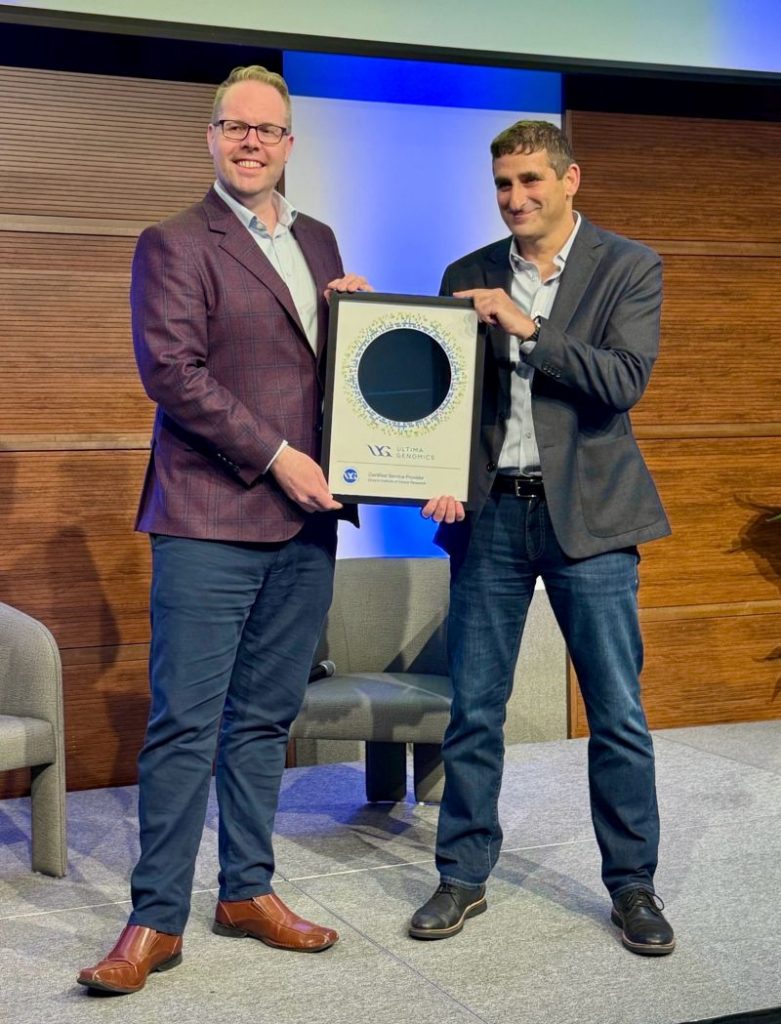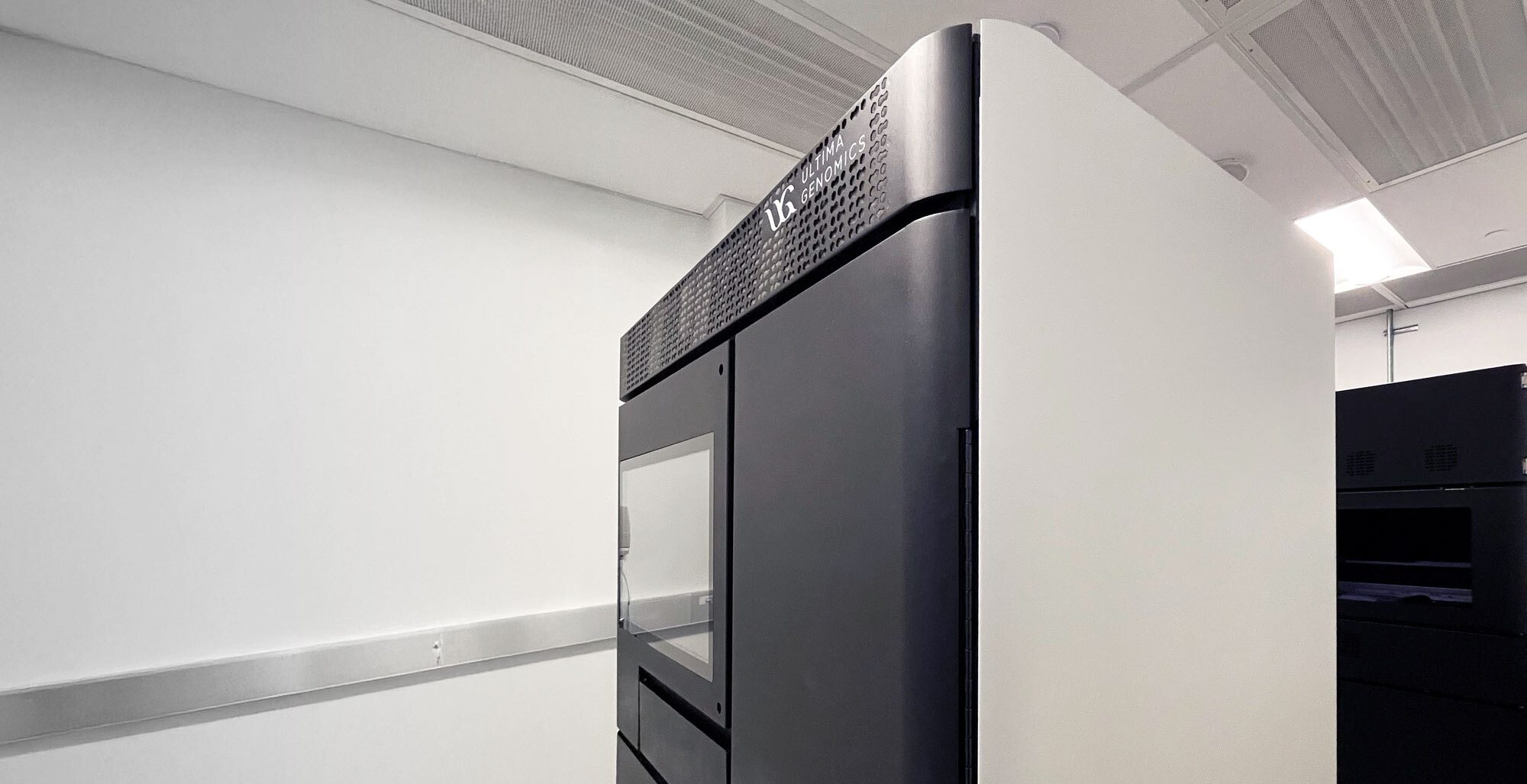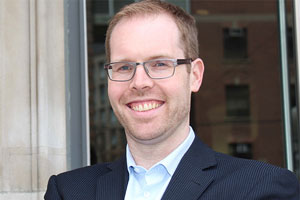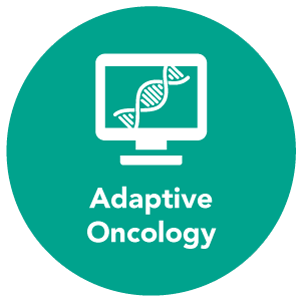OICR Genomics is running the country’s first Ultima UG 100 sequencing platform.
By bringing the latest genomic sequencing technology to Ontario, OICR is boosting the province’s capacity for genomics research and helping advance precision oncology for cancer patients.
OICR Genomics has now launched services on the Ultima UG100 sequencing platform, the first of these state-of-the-art machines in Canada.

“Having this cutting-edge technology massively expands the sequencing capacity of our lab, which supports critical OICR projects as well as cancer research across the province,” says Dr. Trevor Pugh, a Molecular Geneticist and Director of OICR Genomics, as well as Senior Scientist at the Princess Margaret Cancer Centre.
Offering high-throughput sequencing at a lower cost, the UG100 can support researchers working with large volumes of samples or who need deeper sequencing. Pugh says this will enable exciting discoveries in diagnosing and treating cancer — including liquid biopsies, where blood samples are tested for tiny fragments of tumour DNA.
Modern genomics platforms can help understand changes to cells that influence the development and spread of cancer. The data from whole genome sequencing (WGS) are critical to precision oncology, an approach to cancer care where tests and treatments are tailored to the unique biology of each patient’s cancer.
“Historically, the cost of whole genome sequencing has limited the breadth and depth of research projects. This meant we could only look at a handful of genes, which limited what can be learned from the data,” Pugh says. “The UG100 sequencer helps solve these challenges and could ultimately help more Ontarians with cancer benefit from precision oncology informed by the entire genome.”
OICR Genomics is the first lab in North American to be accredited by the three major accreditation organizations for whole genome sequencing: CAP, CLIA and Accreditation Canada Diagnostics. To support the next generation of clinical cancer research focused on early cancer diagnoses, they are working to make sequencing services faster and more efficient. This includes pioneering an ‘ultrarapid’ process that reduces the time to deliver results from whole genome and transcriptome sequencing (WGTS) from about 45 days to 14.
“Our program strives to combine established services with new, cutting-edge offerings to meet the needs of scientists, clinicians and cancer patients in Ontario and around the world,” Pugh says.




